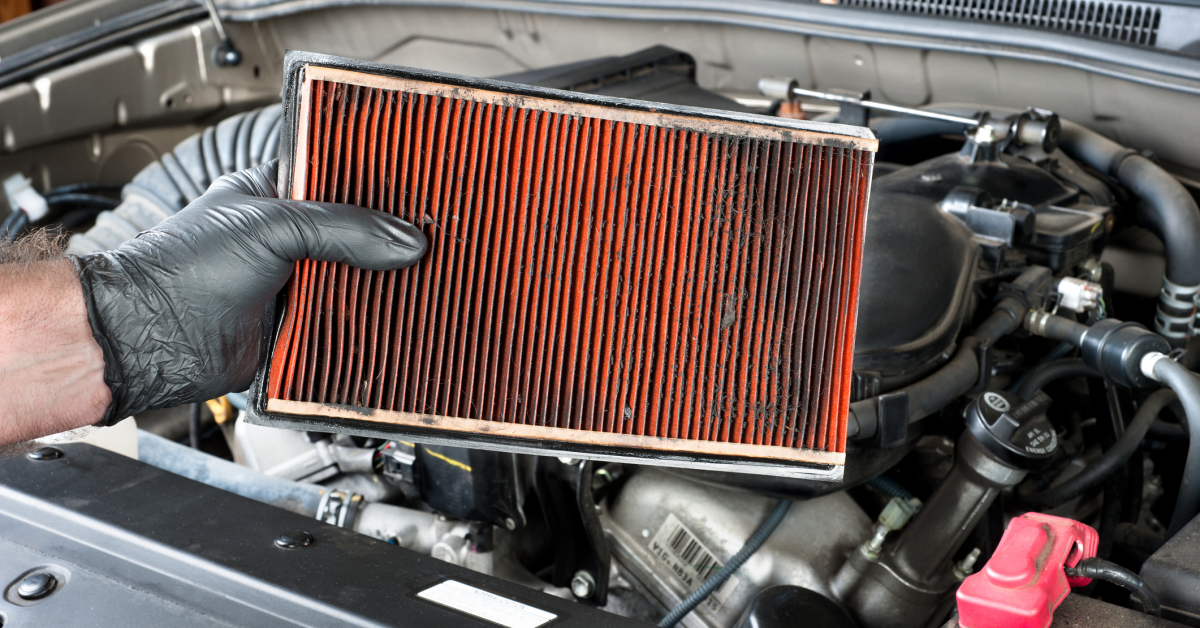
Some of the littlest things can make the biggest difference in life--especially when talking about vehicle maintenance.
Here’s some simple suggestions for wringing every drop of gas out of your vehicle and every mile out of the engine.
Replace worn spark plugs
Spark plugs ignite the mixture of fuel and air in the engine’s cylinders. The role played by these finger-length devices can’t be overstated. That said, spark plugs all too easily become an afterthought.
The life of a spark plug can be anywhere from 30,000 to 100,000 miles, though they can wear out before that time. A 100,000 mile spark plug with 95,000 miles of service can be 95 percent worn. Check with your service guide or a trusted advisor for when your spark plugs need to be replaced.
Replace old filters
ASE recommends changing oil filters every time you change your vehicle oil. Contaminants can collect in the filter, cause erosion and shorten engine life span.
“Simply put, dirty filters will cost you money,” said Jennifer Holland, marketing manager for the National Institute for Automotive Service Excellence.
As is often the case with vehicle components, how and where you drive plays a role in a filter’s lifespan.
“Low speed, bumper-to-bumper traffic is the hardest on your car,” Holland said. “Frequency of replacement often depends on where you live.”
Someone constantly navigating around dirt roads in a rural community might need to replace their filters more frequently. High pollen counts in springtime also clog the engine filters.
ASE’s list of filter recommendations include:
Oil filter. A new filter efficiently removes microscopic particles that cause engine wear and tear. Dirty filters can contribute to abrasion. Replace it every time you change your engine oil.
Fuel filter. Contaminants in gas—rust, dirt, tank chip—damage fuel injectors and the fuel pump. Your fuel economy may drop because contaminants also prevent fuel from burning efficiently. Inspect the fuel filter frequently if you live in rural areas or drive along dusty roads.
Engine air filter. Like the fuel filter, a dirty air filter contaminates the engine compartment and lowers fuel economy. Inspect it in early springtime before pollen strikes.
“Just taking your car for an oil change is not enough to keep your car healthy,” Molla said. “All the filters in your vehicle contribute to its operating performance and your driving enjoyment. Check your owner’s manual for recommendations on filter replacement intervals.”
Keep Air in the Tires
Friction and air leaks pose dual threats to tires.
Tires constantly change shape as they connect with the road – especially if they are underinflated. Friction increases as more of the tire makes contact with the road surface.
All tires slowly lose air pressure over time and day after day rolling on pavement eventually withers the tread.
“The less [energy] that goes to friction, the more that the gasoline goes to moving the car down the road,” said Dr. David Greene of the National Center for Transportation Research, a federal agency operating out of the Oak Ridge National Laboratory.
Copyright © 2024 by Sensible Driver. All rights reserved.


